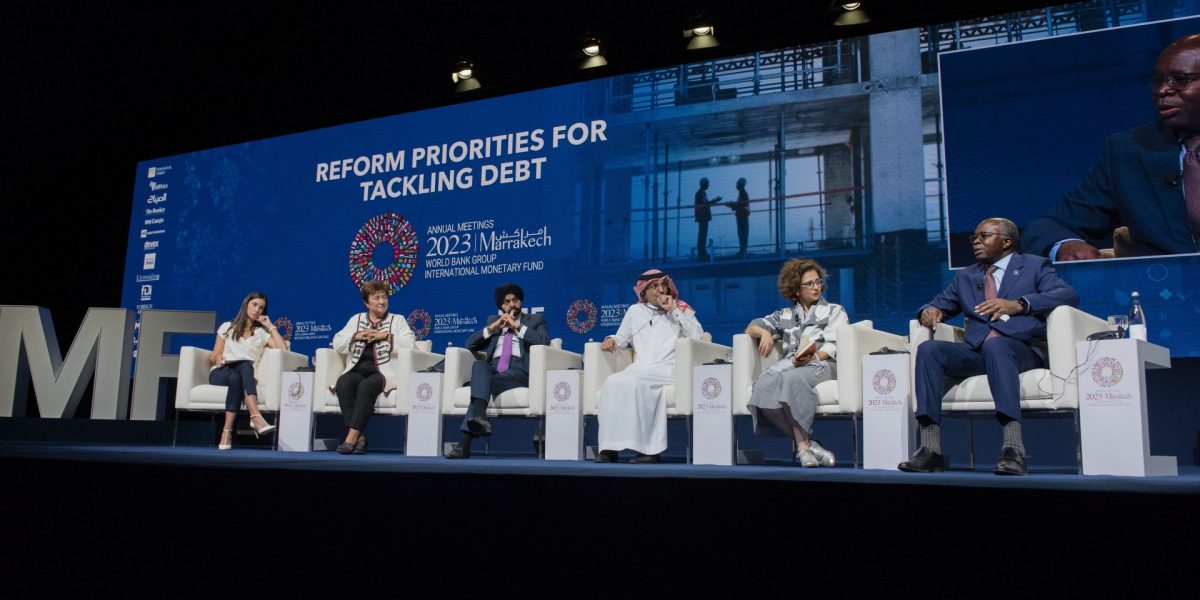The G20 presidency
This policy note explains how South Africa can advance global economic governance reforms during its G20 presidency in 2025. After providing some background on the G20, it proposes three specific actions that South Africa can take to promote internal International Monetary Fund (IMF) governance reforms and a fairer and more sustainable sovereign debt-restructuring process. South Africa, as G20 chair, has a constrained opportunity to promote global economic governance reform. The nature of the opportunity is best understood by viewing the G20 as a process rather than a series of discrete annual events. This means that when South Africa assumes the G20 chair, it will inherit a portfolio of issues that have accumulated during prior G20 presidencies. While it can add to the portfolio, South Africa will be expected to lead the G20 in managing the existing portfolio of issues before passing them on to the next G20 chair. Its management of these issues will be influenced by geopolitical and geoeconomic realities and by events as they unfold during the year.
This reality suggests that South Africa should prioritise issues that offer some opportunity for progress in 2025 but which may require a multi-year and multi-stage process for complete success. The issues of IMF reform and sovereign debt restructuring are good candidates for 2025 action. They offer realistic opportunities to make some progress next year. In addition, they are likely to remain on the agenda for many years, which makes it possible for South Africa and its G20 allies to achieve complete success over time.








